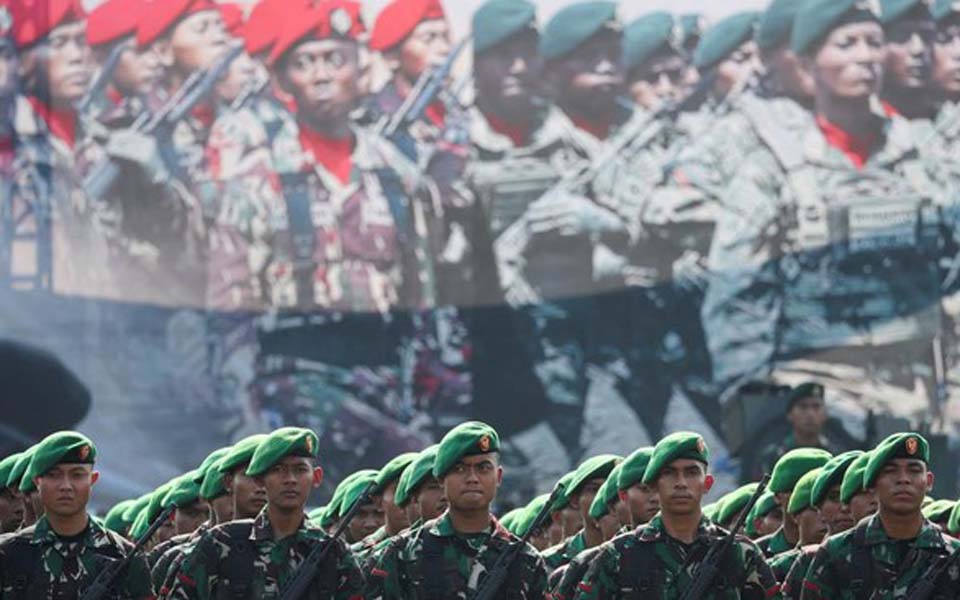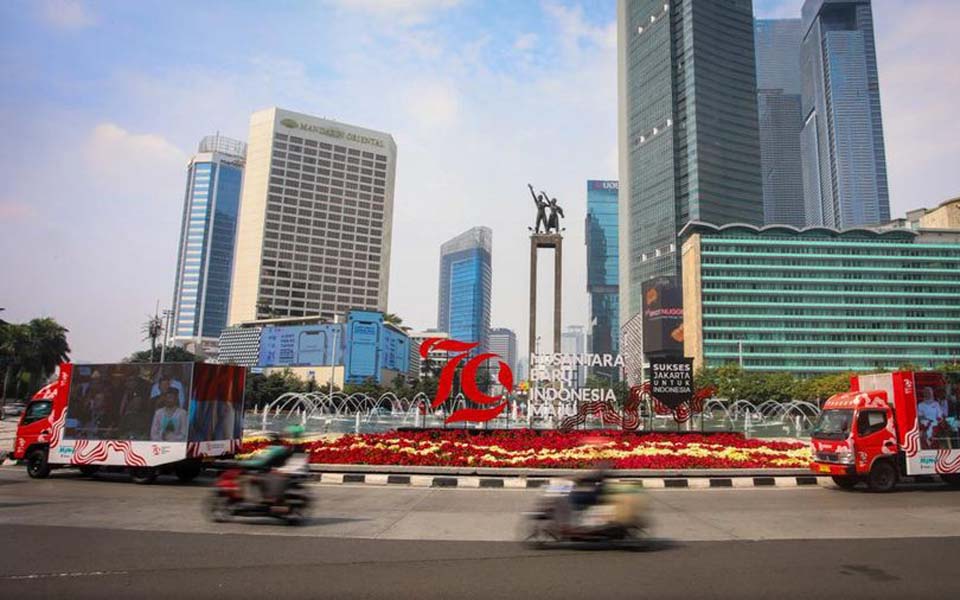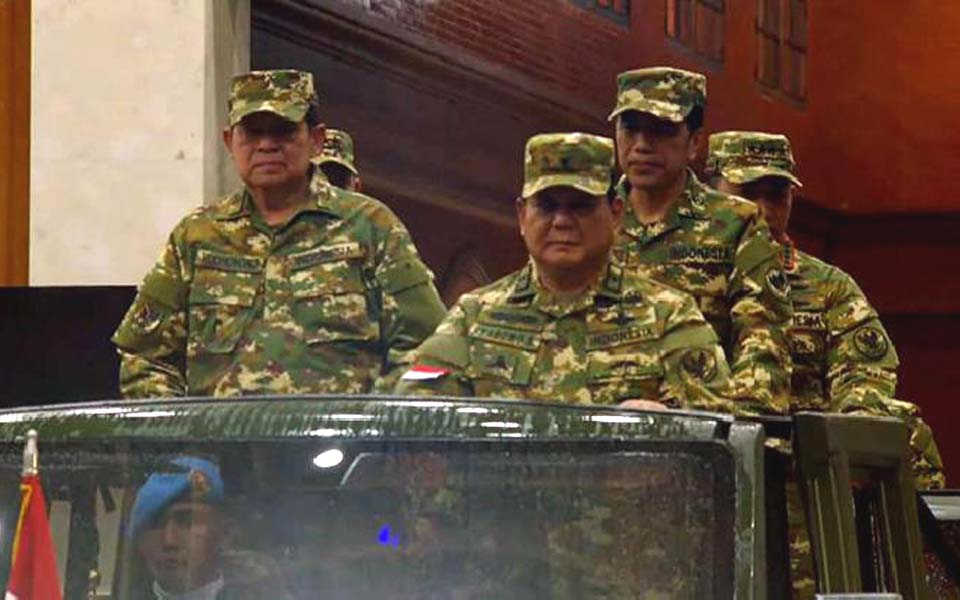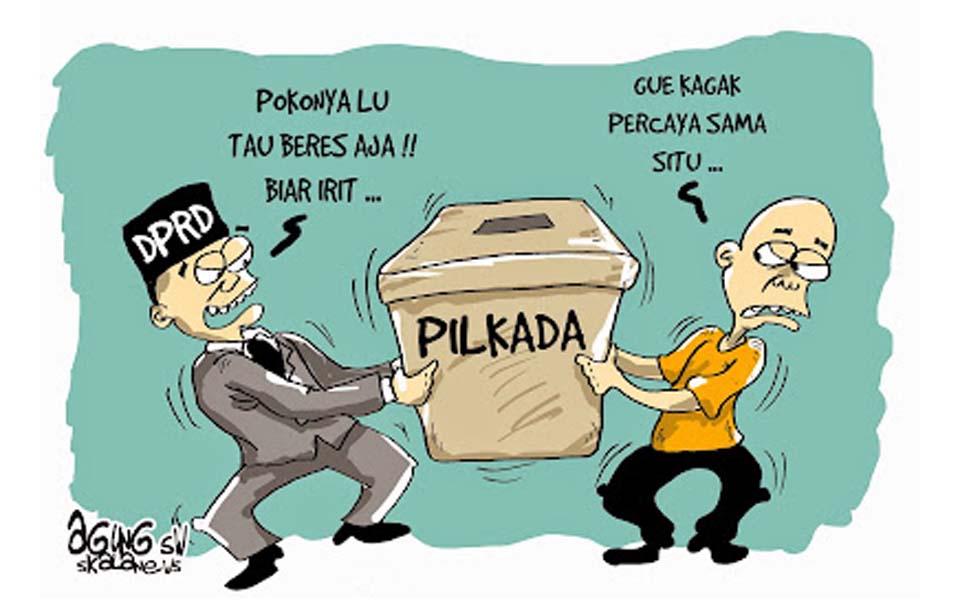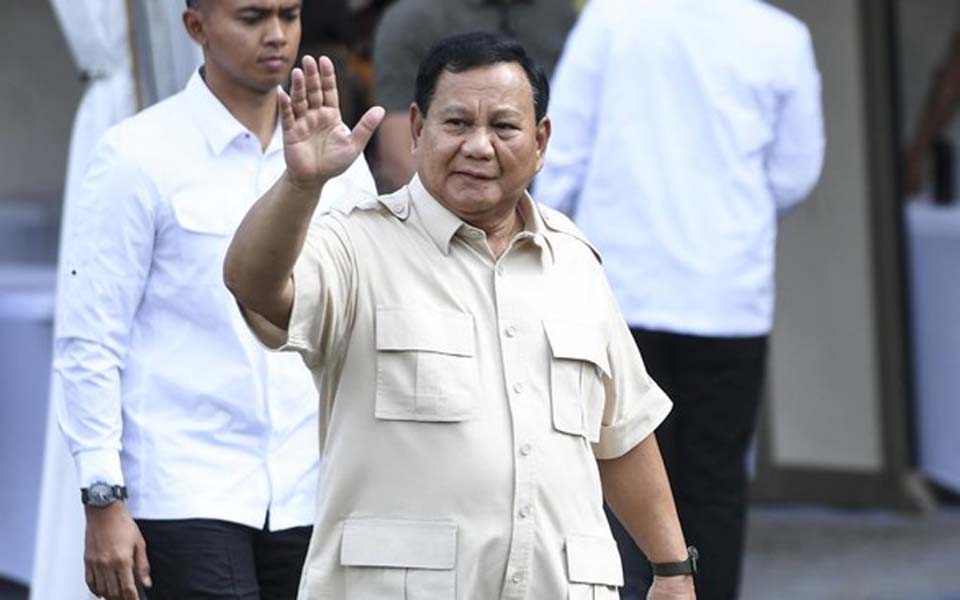Fika Nurul Ulya, Ardito Ramadhan, Jakarta – The Denny JA Indonesian Survey Institute (LSI) is recommending that the nomination limit or threshold in the election of regional heads (Pilkada) also be abolished as it was for presidential elections (Pilpres).
"We also recommend that the election of regional heads should follow the presidential election rules where the threshold is abolished", said LSI researcher Adjie Al Farabi as quoted on the Denny JA LSI YouYube show on Thursday January 16.
The recommendation was made in response to an analysis of a social media survey conducted on January 2-7. In the survey, the removal of the 20 percent presidential threshold received a 68.19 percent positive response.
Conversely, the discourse on regional heads being elected by the Regional Representative Councils (DPRD) received a negative response of 76.3 percent.
Farabi revealed that there were at least six reasons that make the public believe that regional elections rules should be the same as the new presidential election rules, instead of being elected by the DPRD.
"This reason we refer to as the world class reason. Why then shouldn't the Pilkada follow the new rules of the presidential elections, aside from this we clearly see the data on the negative sentiments on the issue of regional heads being elected by the DPRD", he said.
The reason is that people believe it will strengthen local democracy because democracy at the regional level will be more inclusive without the threshold for nominating regional heads.
The reason is, every legitimate political party would able to nominate their own regional head candidate so as to allow local aspirations for all citizens to be represented in the candidates proposed by the political parties. The existence of more regional head candidates also has the potential to make the public's choices more diverse.
"They'll feel represented by candidates who emerge from the political parties. And we can see this is the case, for example, in Switzerland, with the emergence of small parties that can nominate candidates. This then enriches political representation because more and more candidates are put forward", said Farabi.
Another reason is to reduce transactional politics, provide opportunities for new leaders, increase healthy competition, increase voter participation and unify the election system.
In the Pilkada that was held in November last year for example, there were many cases of transactional politics when regional head candidates nominated themselves and tried to get recommendations from the political parties.
"It is already something that is common, although this is difficult to prove, but there is a political dowry, or dowry that must be paid to a [political] party to be able to get a C1 KWK [form] recommendation from the political parties. And the price is not cheap", he said.
The LSI survey used computational content analysis to detect public topics and sentiments based on specific keywords. The data was collected from various social media platforms such as X, TikTok, Facebook and online media that include news, videos, blogs, webinars, discussion forums and broadcasts. The analysis was carried out between January 2-7.
[Translated by James Balowski. The original title of the article was "LSI Denny JA Sarankan "Threshold" Pilkada Dihapus seperti Pilpres".]






